5.7 Million New Voters Could Decide Kenya’s 2027 Election
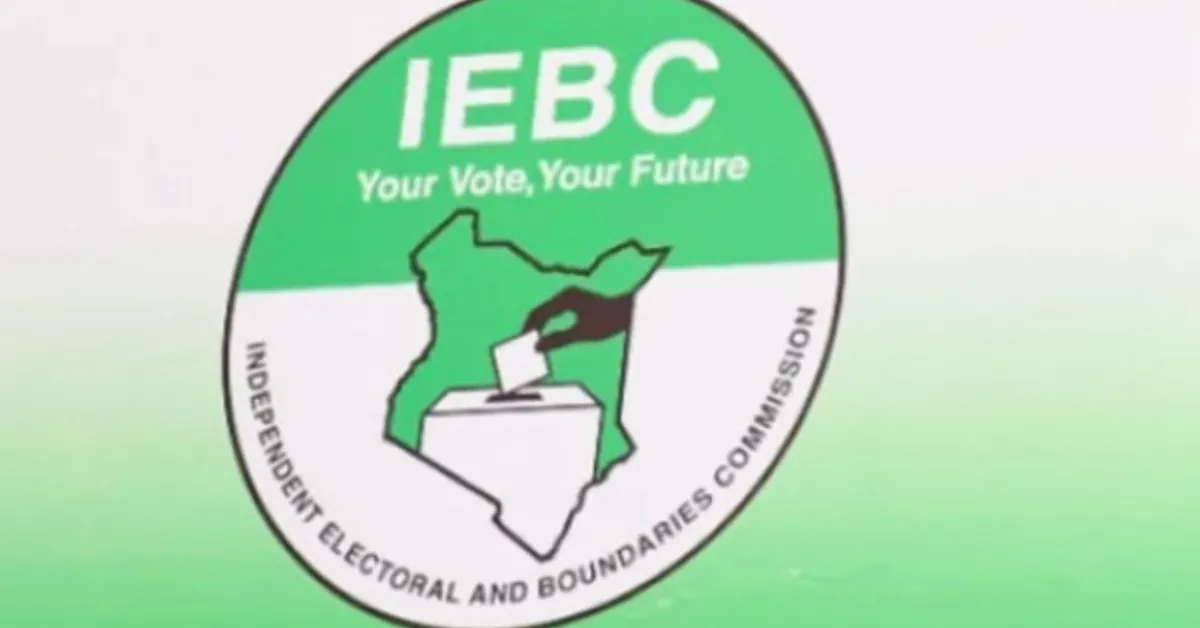
Kenya’s electoral commission will resume continuous voter registration on 29 September, aiming to add 5.7 million new voters ahead of the 2027 general election.
The Independent Electoral and Boundaries Commission (IEBC) announced the plan as part of a wider strategy to engage the country’s growing youth population. The current register stands at 22.1 million voters, with projections targeting an increase to nearly 28 million before the next polls. This marks a significant shift in Kenya’s electoral landscape, driven in large part by Generation Z—citizens born after 1996—who are expected to make up a large share of first-time voters.
Data from the Kenya National Bureau of Statistics shows that over 14 million Gen Z Kenyans will be eligible to vote in 2027, a 79.4 per cent rise compared to those eligible in 2022. Despite their numbers, youth turnout in the last election was low, with only 14.3 million of the 22.1 million registered voters casting ballots. Analysts warn that political parties must now take this demographic seriously, as youth engagement in public affairs continues to grow.
To support the registration drive, the IEBC plans to expand the number of polling stations from 46,229 in 2022 to 55,393. It will also acquire new Kenya Integrated Election Management System (KIEMS) kits at a projected cost of Sh7 billion. Additional measures include stakeholder forums at the constituency level, recruitment and training of registration clerks, and a series of voter education campaigns.
Political strategists are adjusting their messaging in response to shifting voter behaviour. Generation Z is widely viewed as less influenced by traditional ethnic loyalties and more concerned with issues such as governance, economic fairness, and accountability. In 2022, regional strongholds like Mt Kenya and the Rift Valley played a critical role in securing victory for President William Ruto. However, the reliability of these blocs is now uncertain as younger voters call for more issue-based leadership.
Experts including political analyst Javas Bigambo and academic Prof David Monda describe Gen Z as a growing force in shaping Kenya’s political future. While ethnic mobilisation continues to play a role, it is no longer the defining factor in how many voters make decisions. Key concerns among younger voters include job creation, police reform, digital freedoms, and responses to climate change.
The commission, however, faces practical challenges. These include questions about whether all eligible youth will obtain national identity cards in time and whether the IEBC has the resources to register millions of new voters.

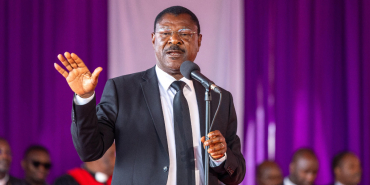
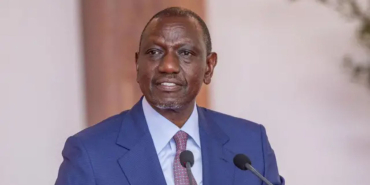

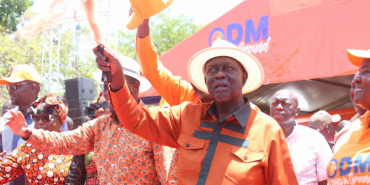
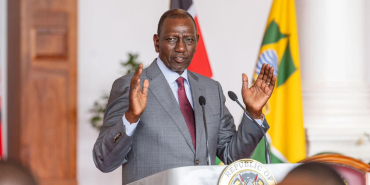
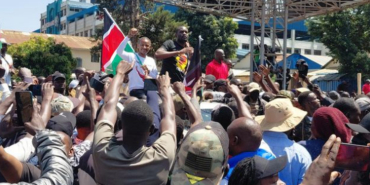
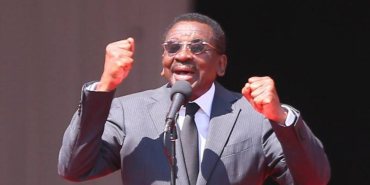
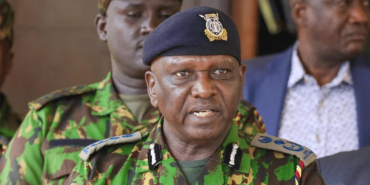

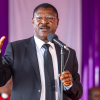


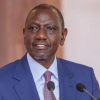
Add new comment